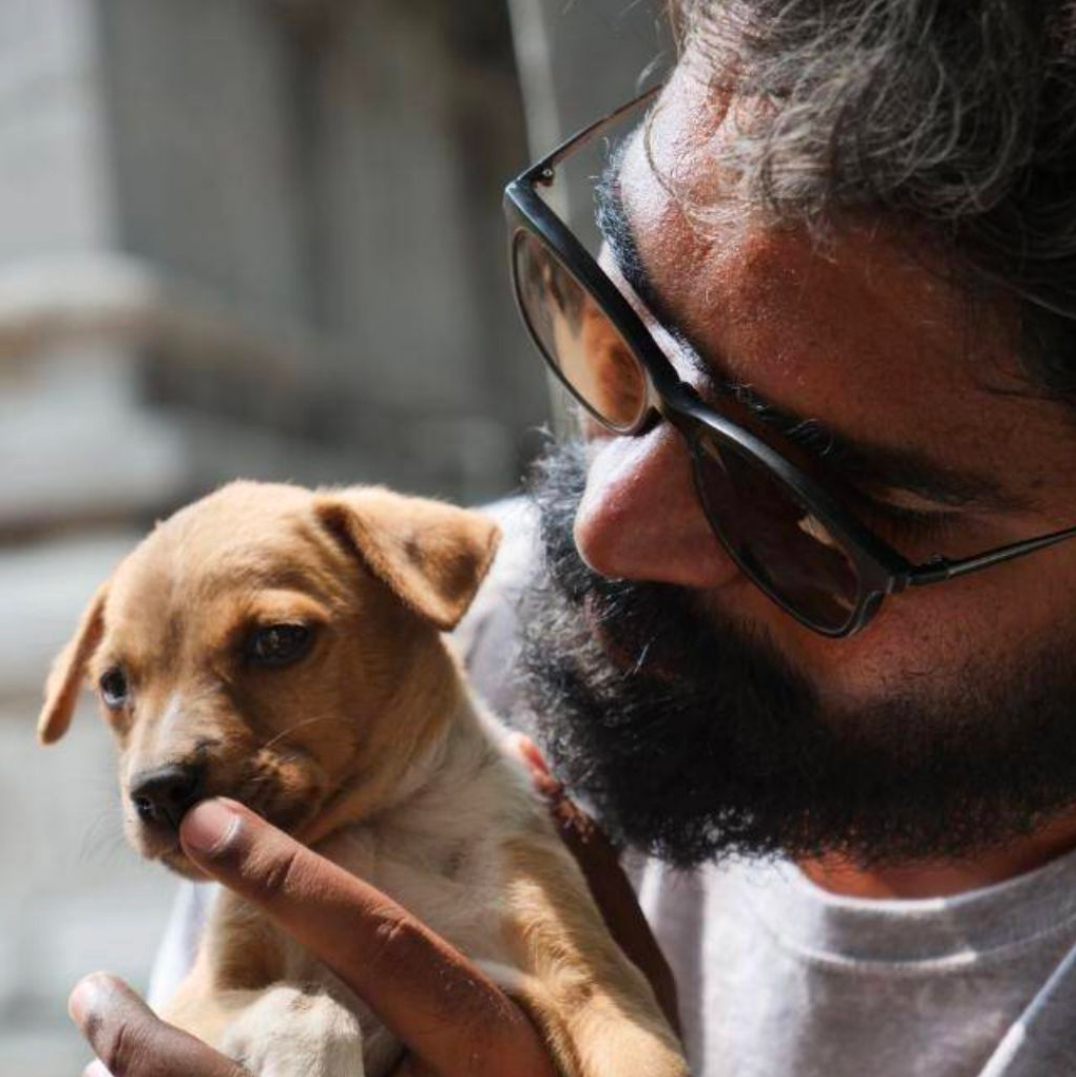
Ganesh Gopal
between Humanities & Technology
Collaborative work among people who are more or less aligned to a particular practice is challenging already. People involved, mostly have similar set of skills or atleast expected to have easily empathizable/transferable skill through mutual sharing and daily experience. It took long time for me to realize that collaboration is a form of socialization where everyone involve atleast have some shared goals, visions, expectations, interests, cutiosities, skills, experience that they are willing to contribute to reach a set of desired outcomes with a timeline in general.
Eventhough such projects could create outcome that has a social utility, it can fundamentally not be inclusive, as the democratic/collaborative process have not created space for dialogues between people with diverse backgrounds. Thus whenever technology is created out of organized human effort, the form of organization (structure), space for diverse inclusion, discourse makes any outcome be less distant from social reality.
Thus Social construction of Technology, shall not be centred around a homogenous practice, skill, practitioners, instead can usually include people from diverse cultural, social and probably academic backgrounds, with patience and compassion to engage in discourse that can tolerate disagreements yet work together to commonly agreed goal. Such collaboration between people of diverse background, training or experience with little overlaps, complicating the space for engaging in discussions.
I realized that a dissolvable differnce between collaborating people comes out through the socialization process, slowly exploring the overlaps and paralells between the domains of knowledge and practice. We had few engineers, information scientists, social scientists, historians, archaeologists, mathematicians, linguists, people of literature in our team. Learning about the social history of mathematics from practice perspective took its time, understanding its purpose and the need of such work in current world made sense because of wise people working together. However, the process is not smooth and often comes with disagreements between methods between people.
Conversation:

between Humanities & Technology
Digital preservation is less about the specific technology and more about the commitment to ensuring that information remains accessible over time.
- Trevor Owens